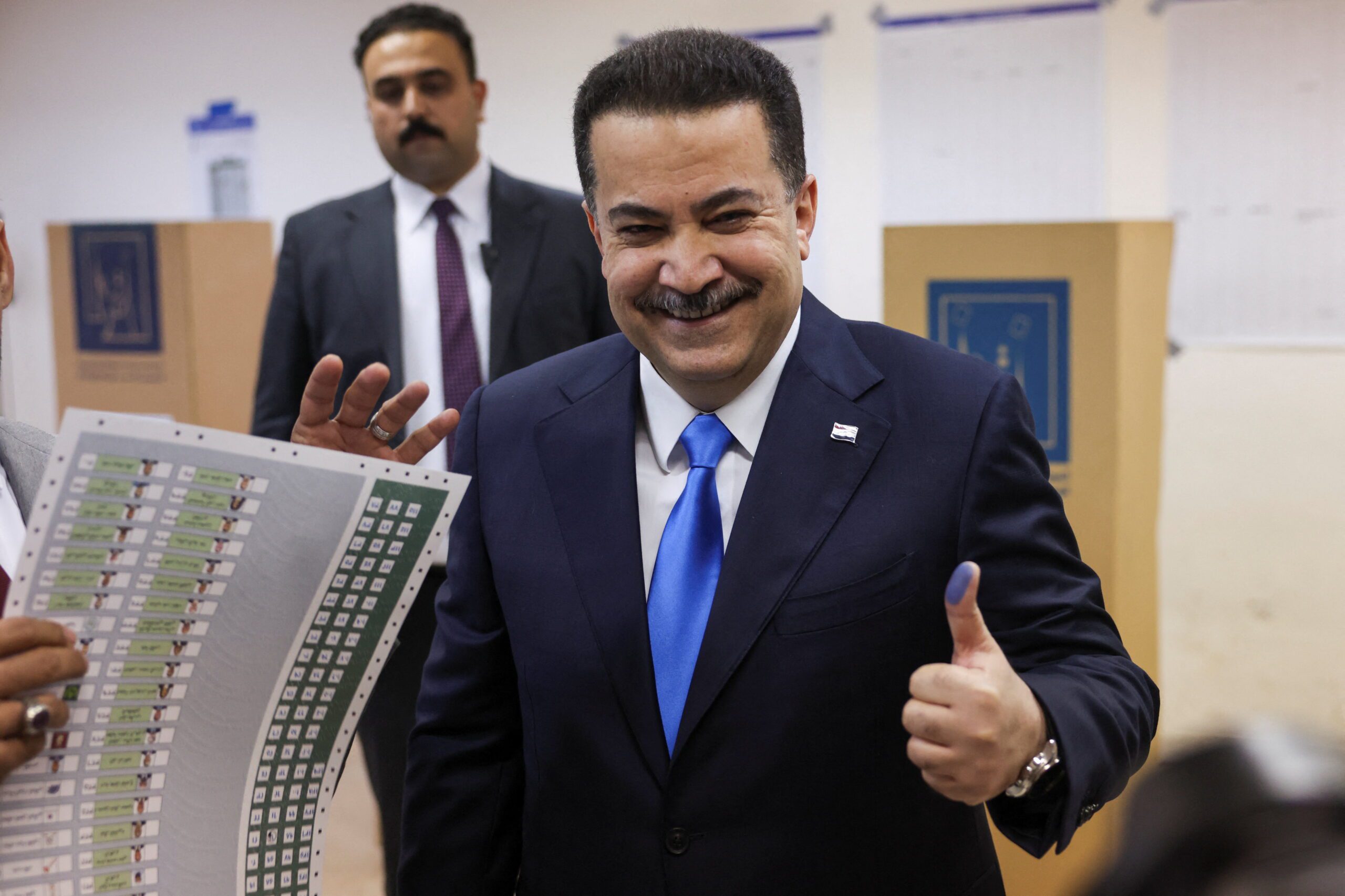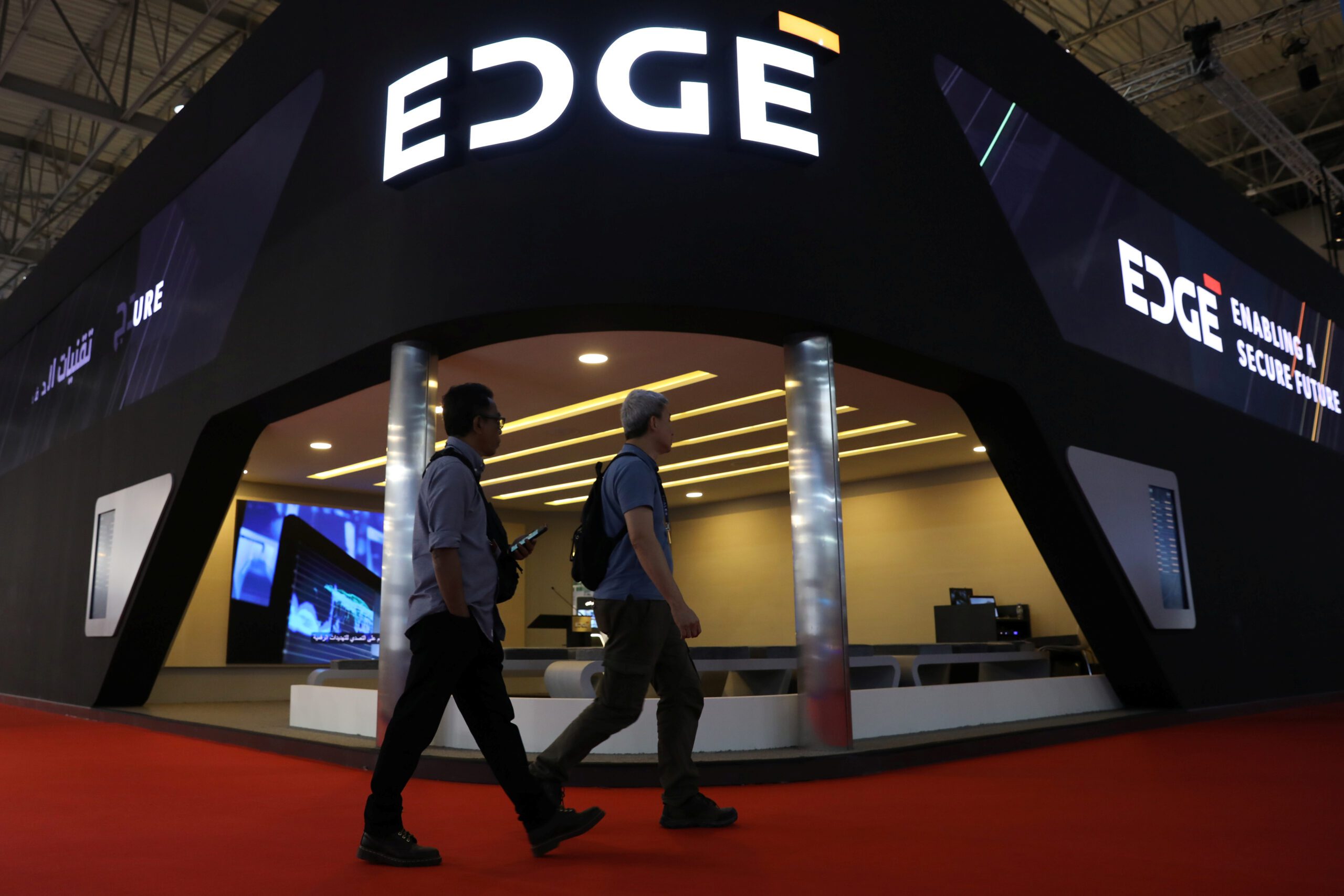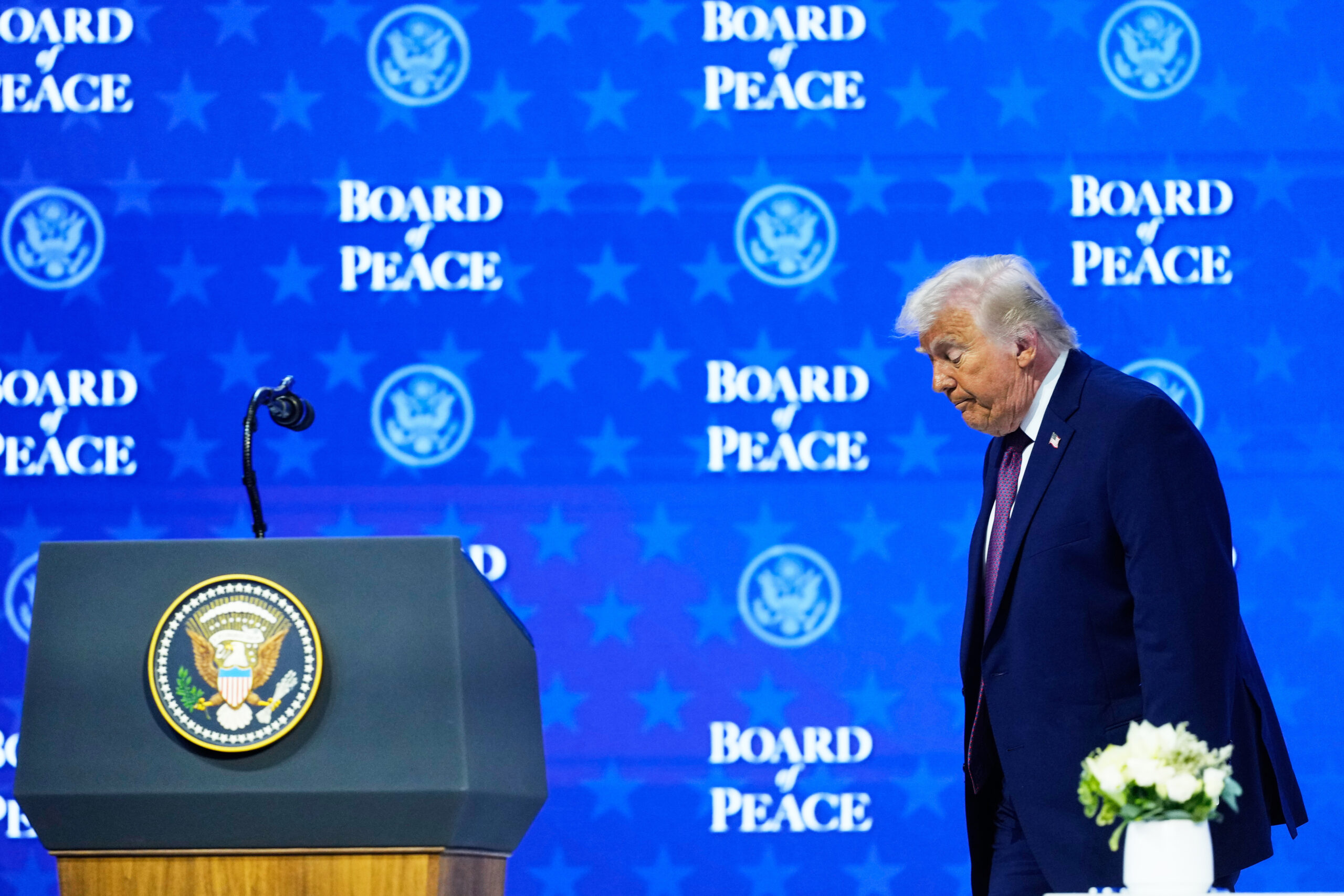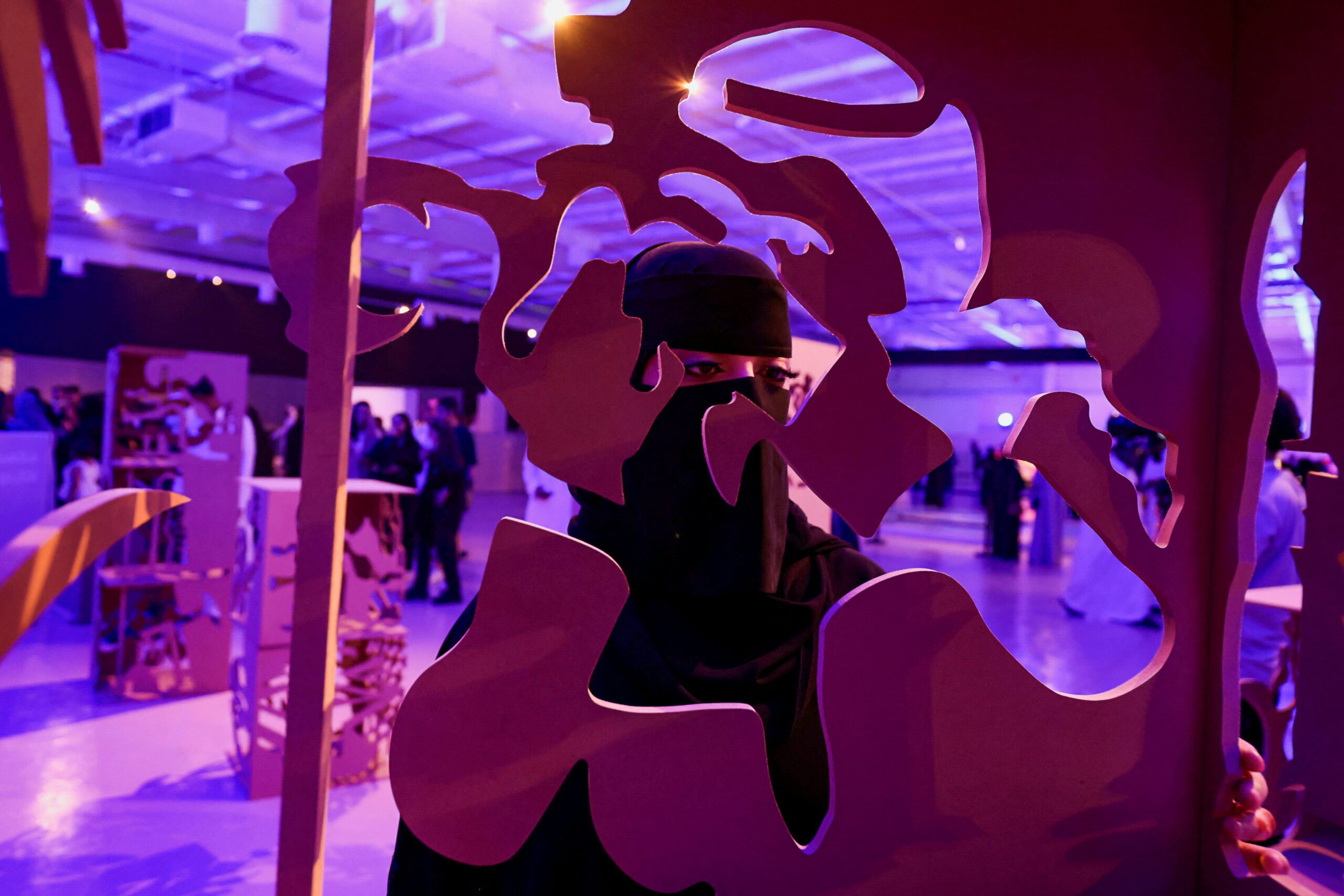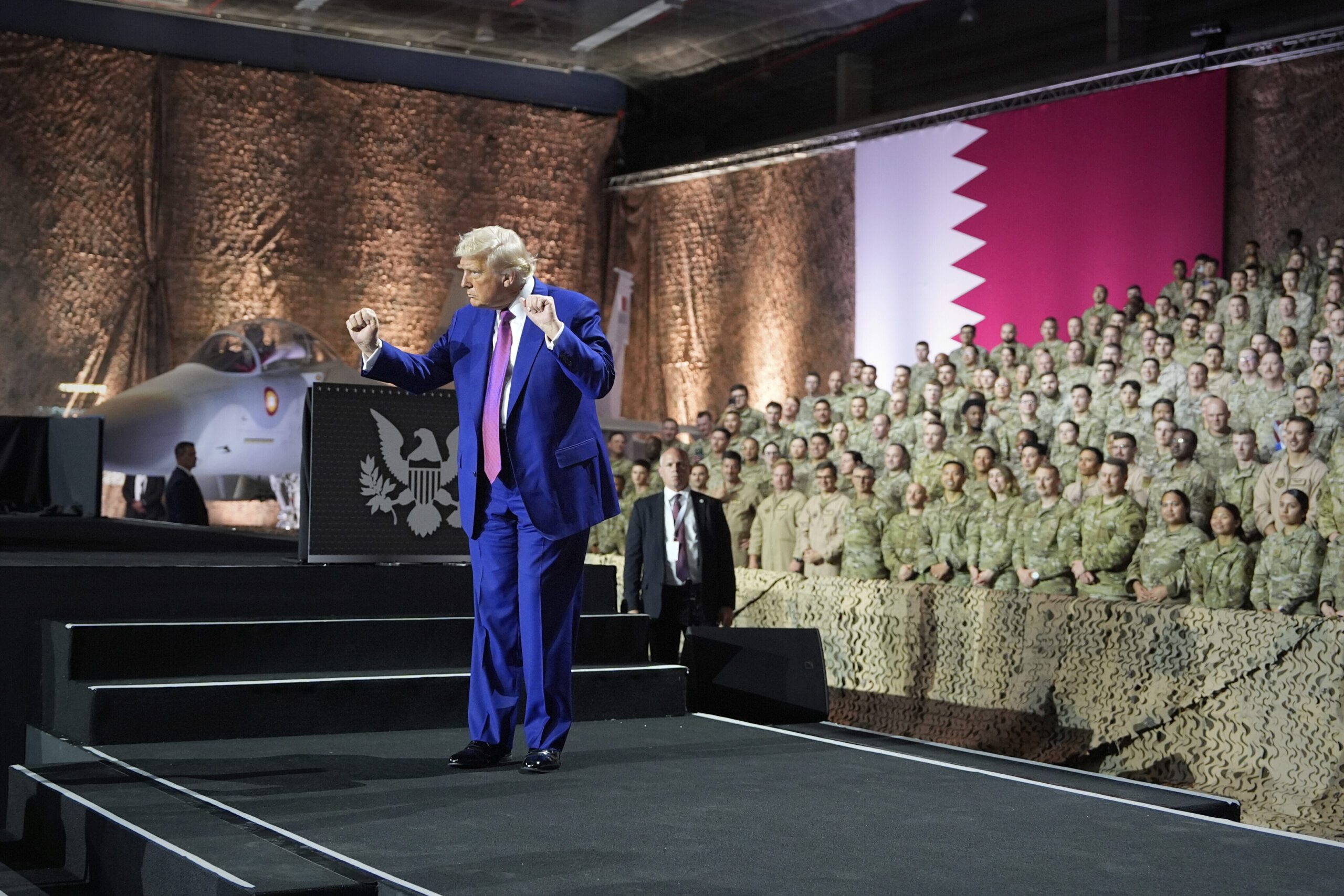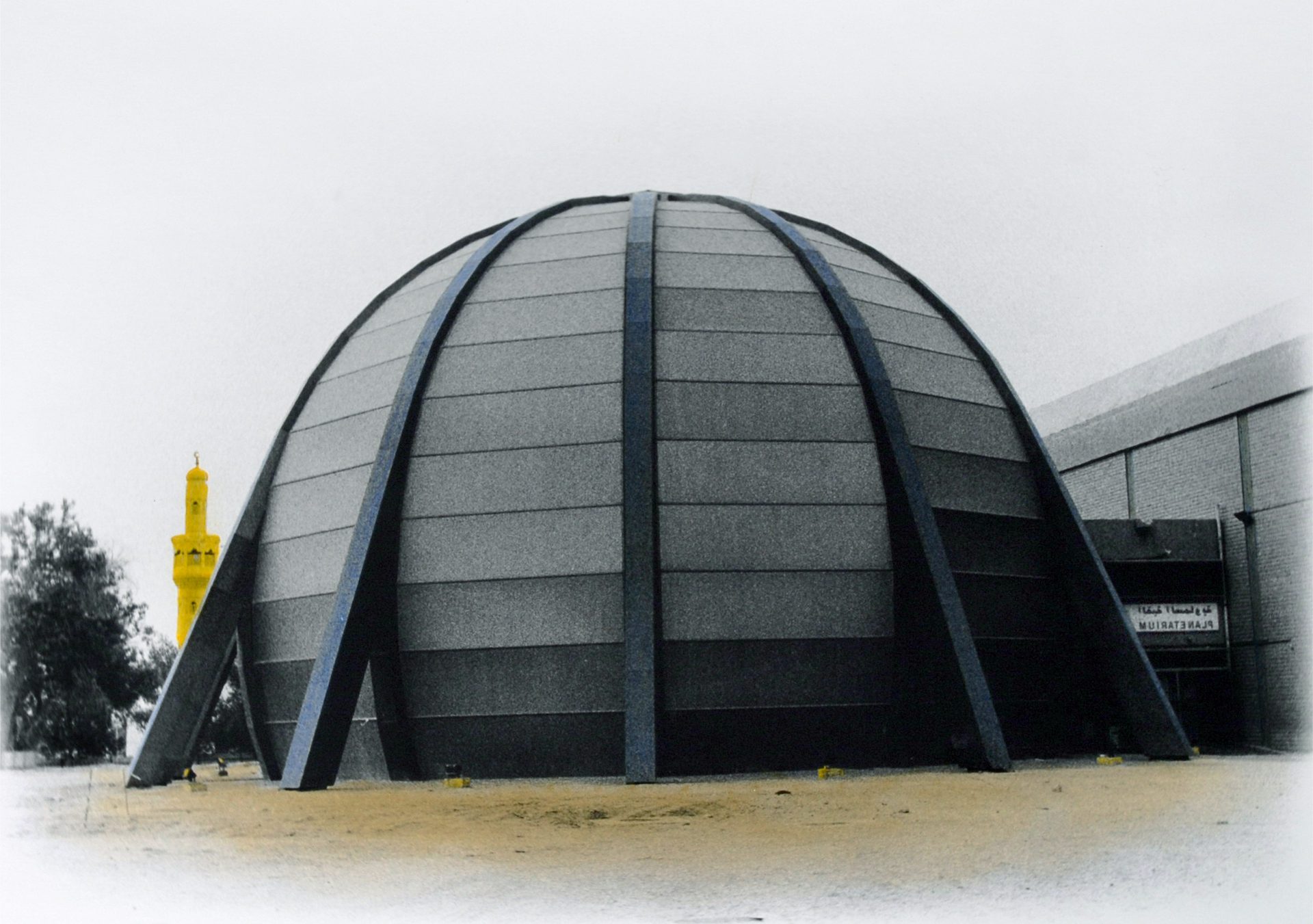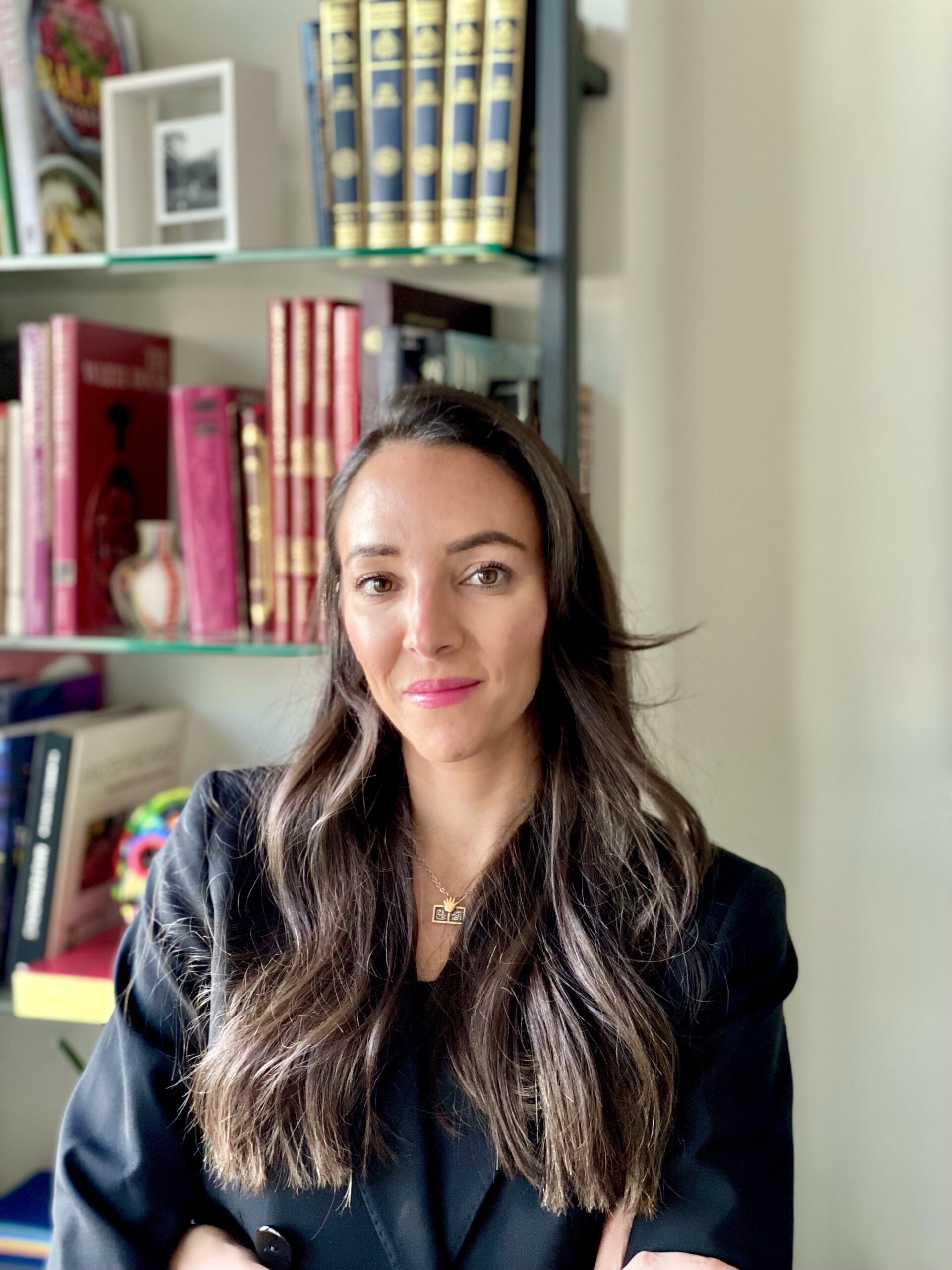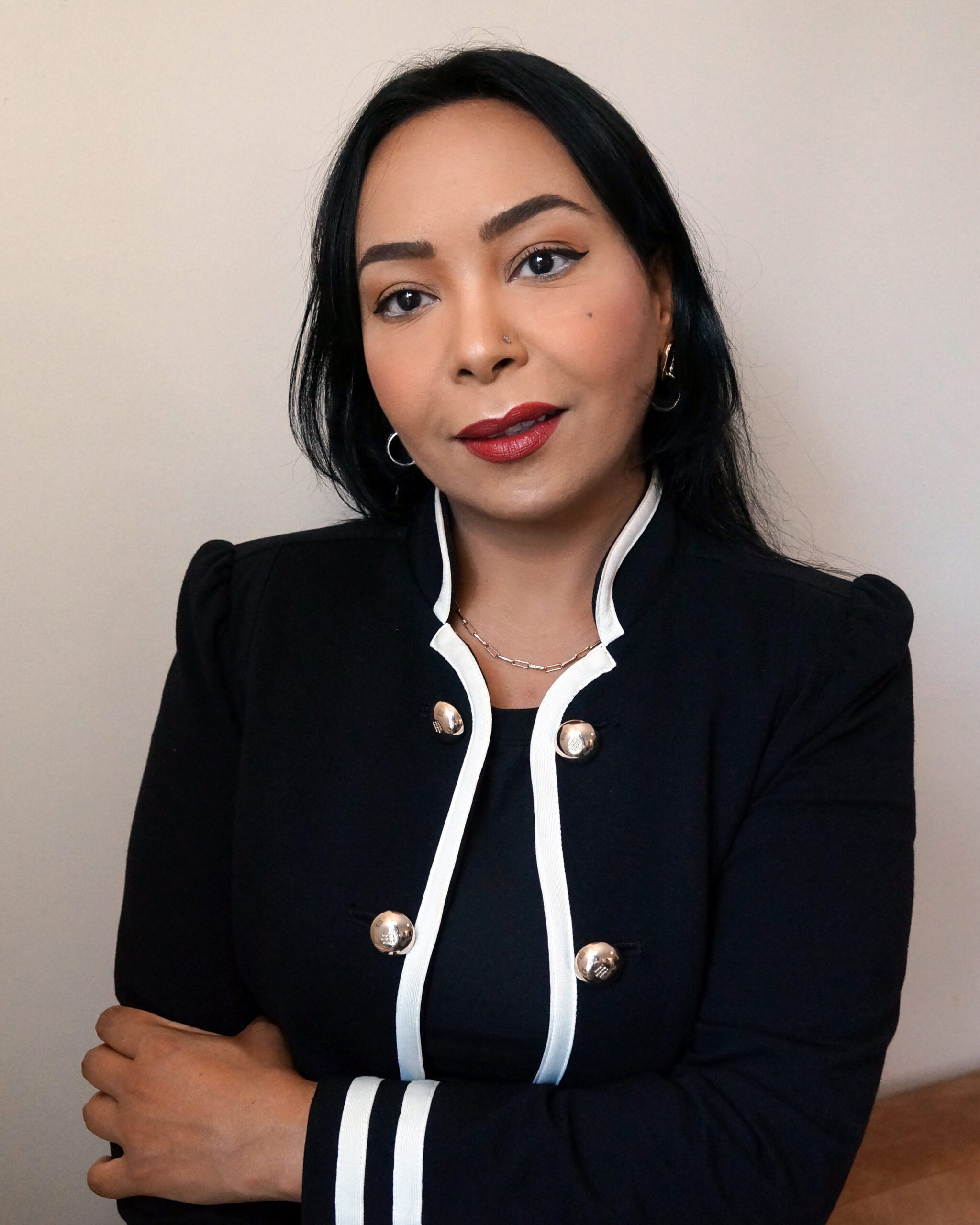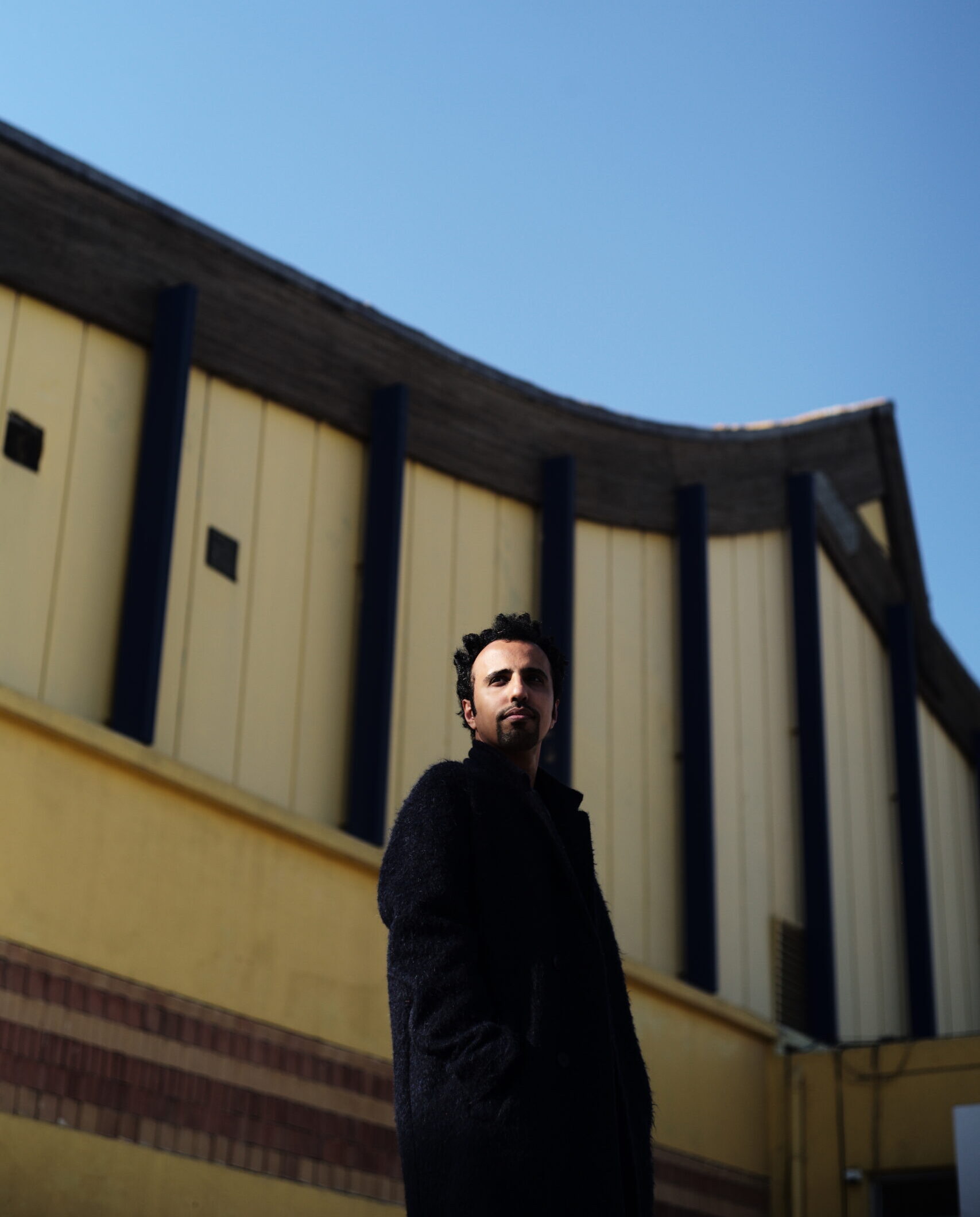Saudi Ambition Confronts New Vulnerability
Saudi Vision 2030 champions national pride and a new economy of tourism and technology. But a direct hit on the kingdom’s central oil processing plant at Abqaiq ruthlessly reveals: As yet, the kingdom’s future still depends on allies, and oil.
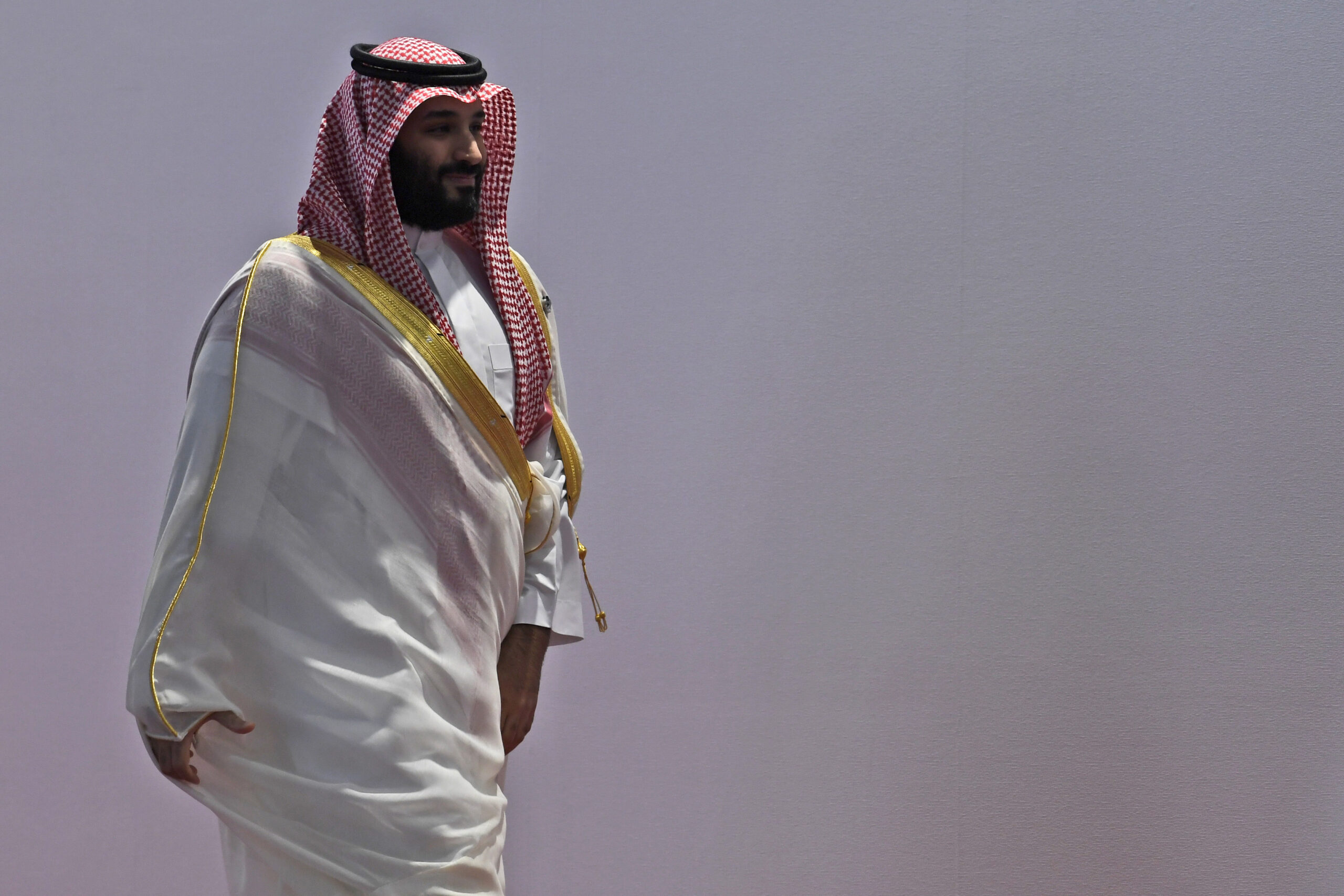
Since his emergence as the principal political force behind his father, Saudi Crown Prince Mohammed bin Salman has been a young man in a hurry. Just months after he assumed power as defense minister, Saudi Arabia launched the military intervention in Yemen, using it to project a new era characterized by decisive leadership and national pride. A year later, in his first interview on Arab television, he chastised the Saudi public for their addiction to oil and pledged to transition the economy to one based on investment.
Now Saudi Arabia’s assertive foreign policy and ambitious economic transition have been endangered by a direct hit on the fountainhead that continues to underwrite both: Saudi Arabia’s oil industry. The astonishing strikes on the Abqaiq oil processing center – perhaps the most important oil facility in the global economy – and the Khurais oil field will sorely test the kingdom and the transformation program as well as the self-reliance championed by the crown prince.
New Economic and National Ambitions
The economic transformation plan, Saudi Vision 2030, projects Saudi ambitions well beyond the oil patch. Indeed, the geographic imagination of the crown prince often seems drawn as far from the Eastern oil fields as possible. Among the kingdom’s new megaprojects are international tourist destinations along the Red Sea coast, as well as archeological sites and the futuristic city of Neom in the far northwest.
Mohammed bin Salman’s travel abroad has similarly pioneered new territory. On his 2018 official visit to the United States, he expanded the traditional stops to power and petroleum centers in Washington, DC and Houston to include convening with chief executive officers in technology corridors in Massachusetts, Seattle, and Silicon Valley and courting entertainment moguls in southern California.
To achieve this shift in geographic and sectoral focus requires an abandonment of Saudi Arabia’s traditional conservatism – not only in social policies, where the crown prince has crossed long-standing taboos, but also in oil policy. Instead of treating Saudi Arabia’s oil reserves as a resource to be managed, Mohammed bin Salman has argued that oil should be treated as an investment, “nothing more, nothing less.” To this end, only a week before the recent strikes, the crown prince removed Saudi Arabia’s well-regarded chairman of Aramco, Khalid al-Falih, and replaced him with the governor of Saudi Arabia’s Public Investment Fund, Yasir al-Rumayyan, symbolically overturning the traditional hierarchy from oil to investment.
Mohammed bin Salman has similarly made a seismic shift in Saudi Arabia’s foreign policy. Traditionally, Saudi Arabia has been content to defer to U.S. leadership while enjoying U.S. protection of the free flow of oil and a strong partnership with the U.S. military. The kingdom abandoned that reticence in favor of a new national assertiveness and willingness to intervene militarily – in Yemen, and before that in Bahrain. This Saudi-forward attitude in the economy and military has been central to the new nationalism being nurtured in the country, itself a remarkable shift from the more pan-Islamic identity previously maintained.
An Appeal to Foreign Investors, Visitors, and Protectors
The clinical strikes on Abqaiq and Khurais bring a bit of sobering clarity as to the limits of this pursuit of self-reliance. It tests both the prospect that Saudi Arabia can lead its own defense as well as the security of the very resource that will fund the future transition promised by Mohammed bin Salman. It also has brought to the surface questions about the nature and degree of the U.S. commitment to the kingdom.
Thus far, the Saudis have reacted by projecting confidence before their own public and the international community. At home, the leadership has presented a portrait of business as usual. The day after the attacks, Mohammed bin Salman was filmed attending a camel race under his patronage. The king’s initial statement issued to the media following the strikes – “We are able to confront this terrorist attack and control the aftermath” – set the tone. This was supported by public campaigns communicating action and competence: praising the firemen who responded to the attacks and later the Aramco workers who worked effectively to fulfill the company’s export contracts.
The message to the international community was similarly one of reassurance. Within the first week the government put representatives from the ministries of energy, finance, and defense before the media, all with a common message that everything is under control. Saudi Minister of Energy Prince Abdulaziz bin Salman assured international markets that Saudi oil output would be back online by the end of September and further that the initial public offering of Aramco would go forward. In an interview with Bloomberg, Saudi Finance Minister Mohammed Al-Jadaan insisted that the disruption to the Saudi economy and revenue “is zero.” A press conference with a spokesperson for the Saudi Ministry of Defense affirmed the kingdom’s ability to defend its infrastructure.
Indeed, the Saudi leadership seemed determined to turn the crisis into an opportunity. Rather than succumb to talk of how the damage to the Abqaiq and Khurais facilities would delay the IPO of Aramco, officials presented the response to the attacks as evidence of the company’s resilience and professionalism. Similarly, concerns about rising tensions with Iran and threat of war did nothing to dampen the introduction of a new tourist visa easing entry requirements alongside a lavish marketing pitch to entice foreign visitors to the kingdom.
Conspicuously missing in Saudi messaging at home and abroad has been the heated nationalist rhetoric that has often been used to mobilize the Saudi public, most notably in the standoff with Qatar. Instead, public and official statements have been directed at convincing the international community that the attack on Saudi Arabia is also an attack on its interests, and that it needs to come to the kingdom’s aid. As stated by Minister of State for Foreign Affairs Adel al-Jubeir, “The kingdom calls upon the international community to assume its responsibility in condemning those that stand behind this act, and to take a firm and clear position against this reckless behavior that threatens the global economy.”
This shift in tone is noticeable in the editorials and op-eds published by Saudi media. While still containing denunciations of Iran and its actions, alongside some calls for retaliation, in the main, the posture is more circumspect, with many calls to respect the wisdom of the leadership and its coordination with global powers. There is nonetheless some noticeable frustration with the U.S. position, especially President Donald J. Trump’s inconsistencies. By escalating the confrontation with Iran while casting doubt on the degree of U.S. commitment for Saudi Arabia’s defense, Trump has amplified Saudi Arabia’s vulnerability and potential isolation. This realization has found its way into Saudi media, notably in the despairing op-ed by Homoud Abu Taleb in Okaz “We Have No Ally But Us,” in which he opines: “Yesterday’s allies are no longer what they once were … Think carefully, wise people, for we face an unprecedented existential danger.”
Continued Dependence on International Allies … and Oil
Despite the projection of confidence by Saudi leaders, the strategic implications of the attacks are worrying for the kingdom. The lack of clarity in the U.S. policy toward Iran and the revealed fragility in the oil sector underline the urgency of diversifying the economy and achieving greater self-reliance in defense. Yet here is Saudi Arabia’s dilemma. It cannot achieve either in the short term without international support and engagement, and certainly not without security of its homeland, most critically in the oil sector that is still the lynchpin of Saudi Arabia’s transition and future.
The views represented herein are the author's or speaker's own and do not necessarily reflect the views of AGSI, its staff, or its board of directors.


